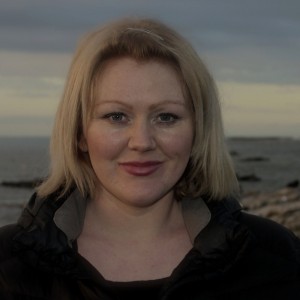The story of how whalers have become passionate protectors is the story of the change we all need to make
Tess Brosnan describes herself as a humble reporter on a quest to package science stories better. Tess has almost completed her Masters in Science Communication. Her film Whale Chasers, tracks the story of Cook Strait whalers who are now passionate about the future of whales and every year undertake the Cook Strait Whale Count. This is, Tess tells us, an iconic example of Citizen Science. We talk about science communication, documentary film-making, citizen science and hopeful tourism.
In her thesis, Tess describes how citizen science is helping to bridge the gaps between two communities who need to better understand each other. Hopeful tourism is a new discipline which aspires to do the same, rejecting prevailing tourism ideology. There is much evidence of a desire for more meaningful experiences which contribute to fulfillment of life purpose, rather than exploitation of people, animals and environment, materialism etc. There is also an immediate need to reduce human impact on our ecosystem, and for fine-scale monitoring to protect this ecosystem. It is here that citizen science may prove to be the perfect new form of tourism, mitigating human destruction, helping science, and instilling joy, knowledge and stewardship into those who participate.ÂÂÂ
Film-making 101: don’t squeal when you see a whale
I’m not an activist, I’m a packager, I can be more useful by remaining neutral
Whale Chasers premiers at the Regent Theatre on the 25th October as part of the Science Teller Festival.
Shane’s number of the week: 95. Ninety five percent certainty that climate change is a result of human activity according to IPCC.
Sam’s joined up thinking: A European Commission report this week puts a price on the underpresentation of women in the ICT industry. The European Commission estimates that bringing more women into the ICT industry would boost European GDP by €9 billion. That ICT suffers underrepresention is not new, the challenge is what to do about it. This week I’ve been considering the new landscape of qualifications for computing and wondering if the new structure will help. I’m reminded of the computing for social good discussions we had with Mikey Goldweber and ask if we’re still missing the boat.

